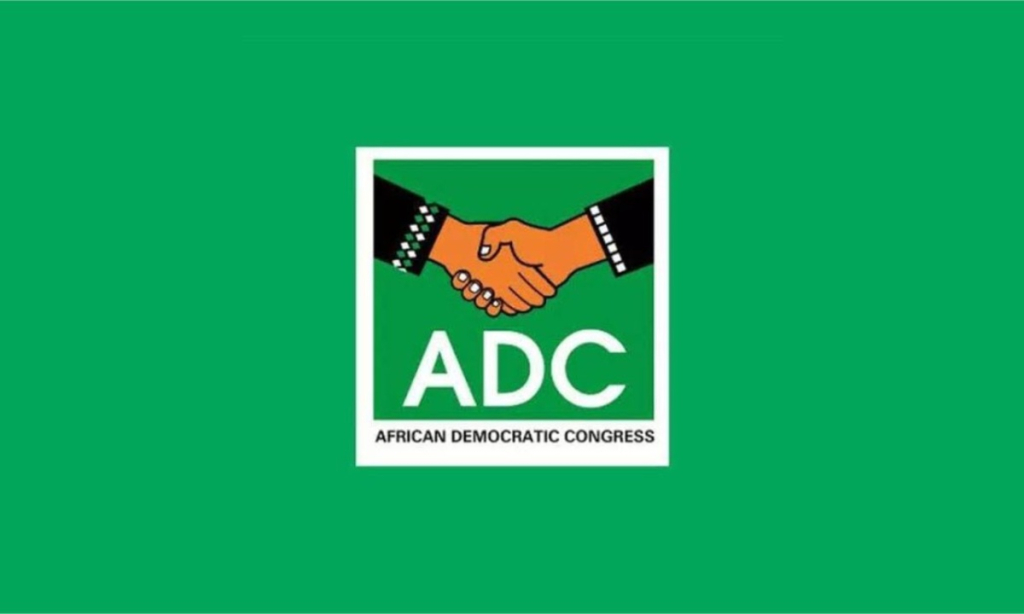The African Democratic Congress (ADC) is weighing two pathways to select its presidential candidate for Nigeria’s upcoming 2027 general elections, as internal ambitions and external scrutiny test the opposition party’s cohesion. Party spokesperson Bolaji Abdullahi confirmed during a televised interview that the ADC is exploring consensus-building or a primary election to choose its flagbearer, emphasizing transparency amid growing political rivalries within its ranks.
At least three prominent figures now linked to the ADC have openly signaled presidential ambitions, according to domestic media reports. Former Vice President Atiku Abubakar, ex-Rivers State Governor Rotimi Amaechi, and Peter Obi, the Labour Party’s 2023 presidential candidate, are all reportedly vying for the party’s nomination. Their involvement comes after a coalition of opposition leaders recently aligned with the ADC, raising questions about how the party will manage competing interests without fracturing. Analysts warn that unresolved disputes over candidacy could weaken the opposition bloc, potentially benefiting Nigeria’s ruling All Progressives Congress (APC).
Abdullahi, during his Monday appearance on Channels TV, stressed the ADC’s priority to fortify its internal systems before addressing the nomination process. “We are preoccupied with building structures that demonstrate our commitment to democracy,” he stated. While consensus remains the preferred route, he acknowledged the possibility of a competitive primary if agreements prove elusive. “If consensus isn’t achieved, we will hold transparent primaries,” Abdullahi said, adding that the party would rally behind whichever candidate emerges victorious.
The ADC’s strategy reflects broader challenges faced by Nigeria’s opposition in presenting a unified front against the APC, which has governed since 2015. The inclusion of high-profile figures like Abubakar, Amaechi, and Obi—all of whom have contested presidential races previously—adds both visibility and complexity to the party’s ambitions. Abubakar, the People’s Democratic Party (PDP) candidate in 2019 and 2023, and Obi, whose third-place finish in 2023 galvanized youth voters, bring significant followings but also risks of factionalism.
Political observers note that the ADC’s ability to navigate these dynamics could shape Nigeria’s electoral landscape. A fragmented opposition has historically advantaged the APC, as seen in recent polls where vote splits among rival parties diluted challenges to incumbents. For the ADC, establishing credibility through a fair nomination process may prove critical to attracting broader support. As Abdullahi reiterated, “Our focus is to show Nigerians we are a truly democratic party.” The coming months will test whether that pledge translates into cohesion—or contention—ahead of the 2027 contest.
